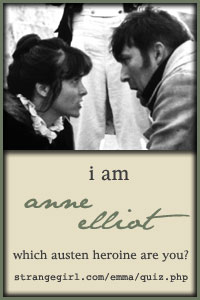I’ve been sorely tempted to buy a tagine, to cook wonderful Moroccan stews with lemons, olives, dried fruit, spices. The temptation is often there, just stronger this year. I started a short-short story with someone thinking the same way:
At dawn Abby is sitting on a bluff above the ocean eating pork and grapes flavored with Moroccan spices. The wooden skewer is charred slightly from the grill, its tip sharp on her tongue when she slips the last piece of meat off it. Hemingway, Abby thinks, chewing. Africa. Kilimanjaro. Romance and adventure. Sweet and savory.
I am persuaded too that buying a tagine would be the next best thing to a vacation in foreign parts.
Some of the possibilities would be
Lamb Tagine with Prunes, Apricots, and Almonds
Chicken Tagine with Green Olives and Lemon
Monkfish Tagine with Potatoes, Cherry Tomatoes, and Olives
Red Mullet with Lemon and Mint
Yams, Carrots, and Prunes
Beef Tagine with Sweet Potatoes, Peas, and Ginger
Chorizo Tagine with Lentils and Fenugreek
Chicken Tagine with Preserved Lemon, Green Olives, and Thyme
Creamy Shellfish Tagine with Fennel and Spicy Harissa
Tagine of Artichokes, Potatoes, Peas, and Saffron
Chicken with Pomegranate and Walnuts
Fish with Chickpeas and Peppers
And that, only the beginning!
image: Moroccan Spices, Atlas














































